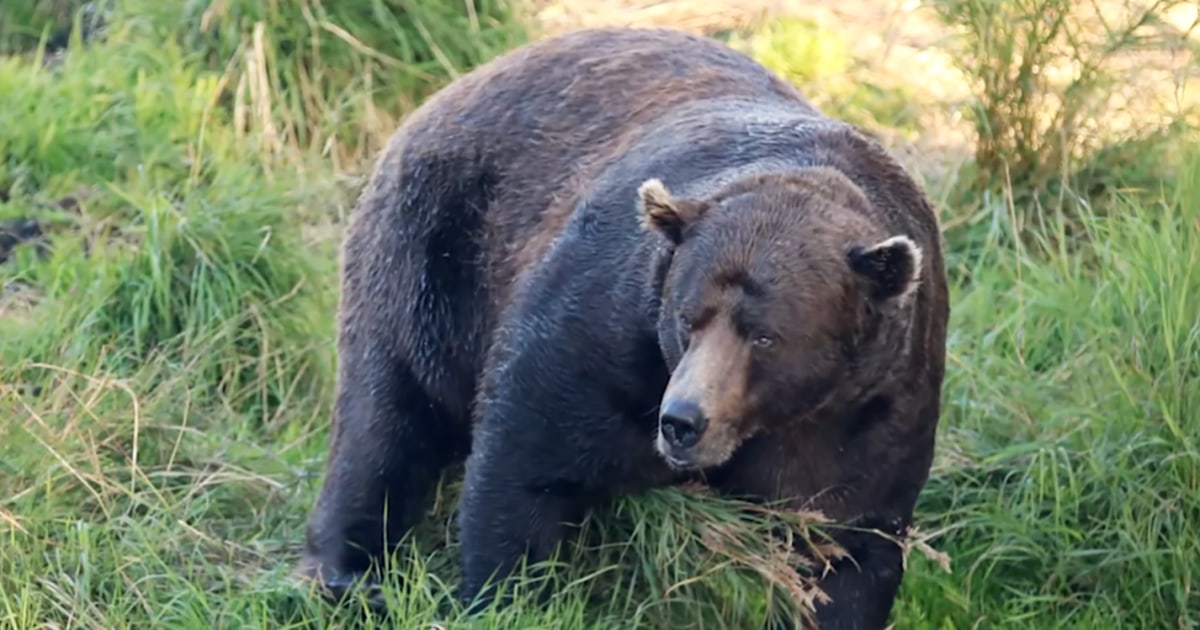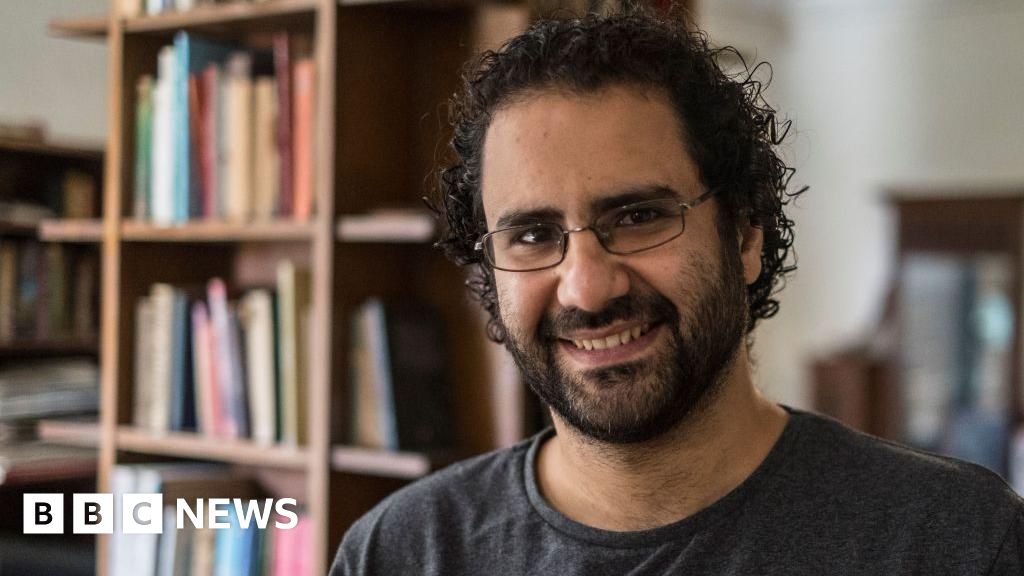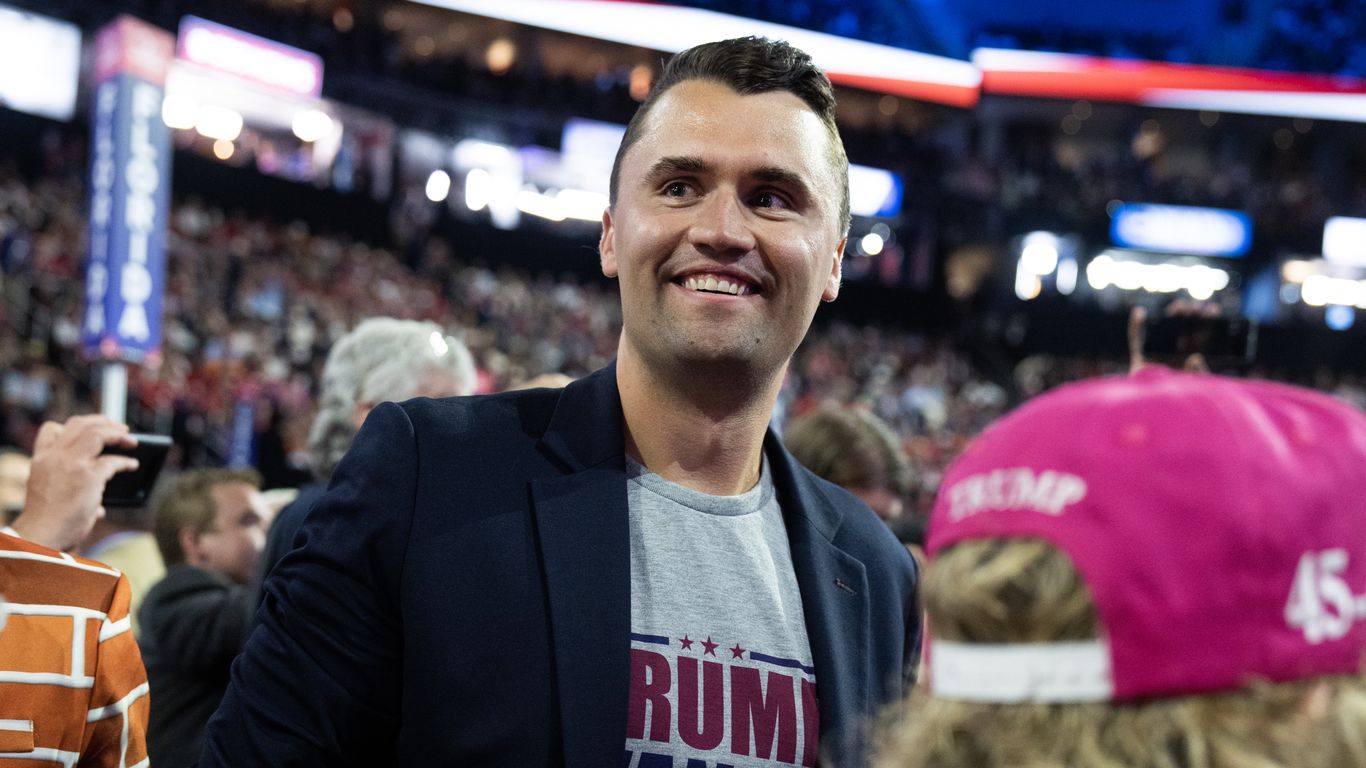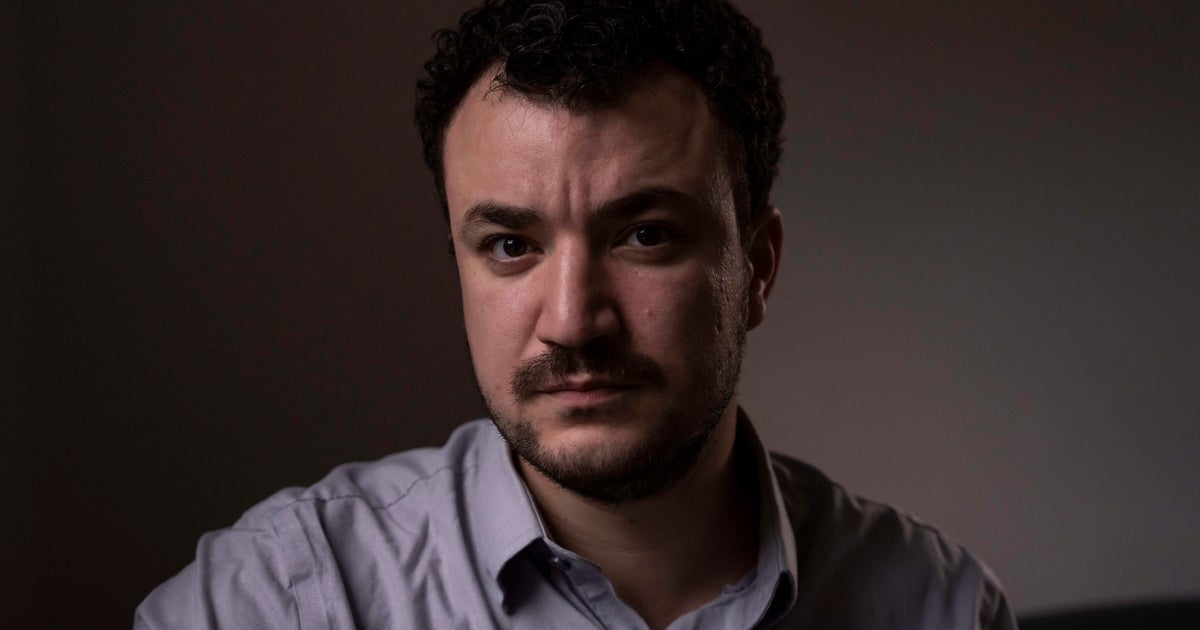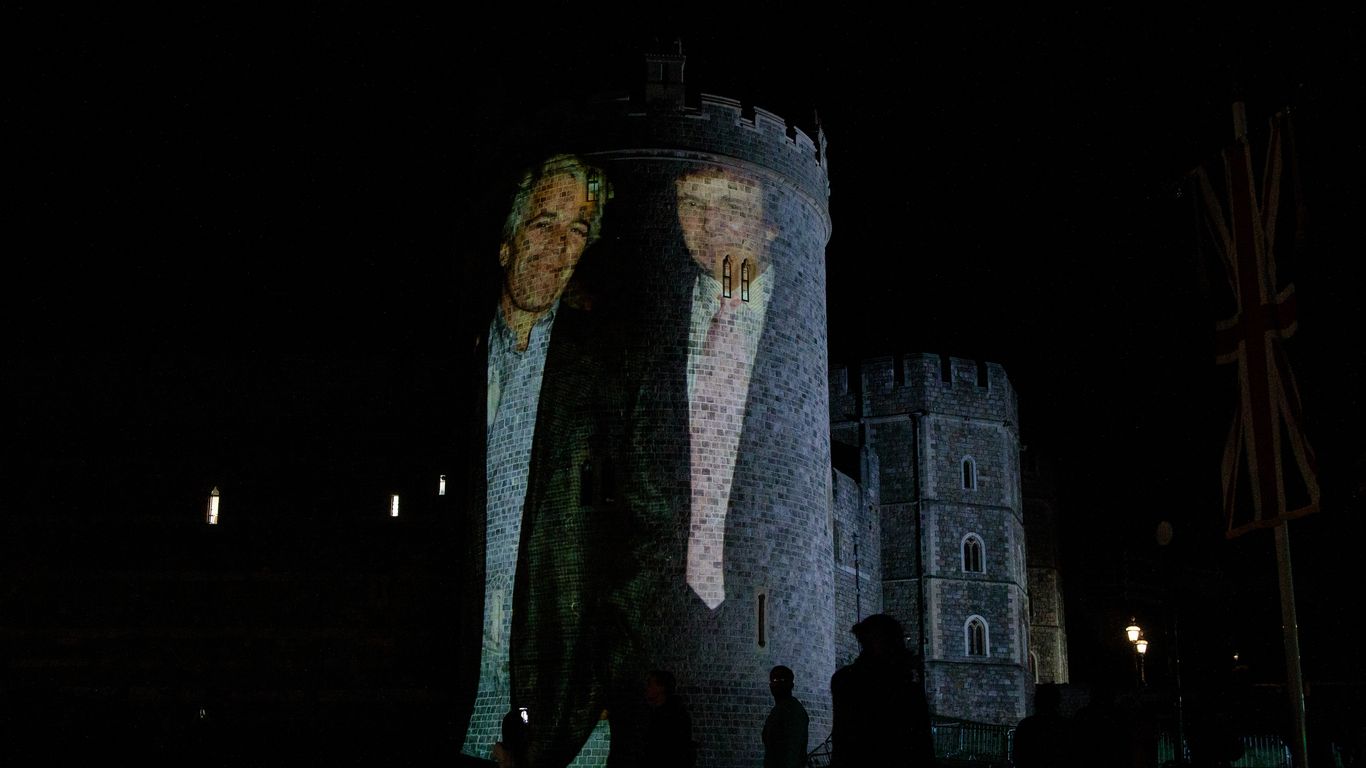Remembering Jane Goodall's Legacy: Conservation, Science, and Activism

Remembering Jane Goodall's Legacy
Jane Goodall, the renowned primatologist and champion of chimpanzees, passed away at 91. Her pioneering research, beginning in 1960, transformed how we understand chimpanzees by observing their complex behaviors such as tool use and social dynamics. Armed only with binoculars and a notebook, she challenged scientific norms and brought the individuality of chimpanzees to light.
Championing Conservation and Awareness
Goodall used her global influence to highlight the urgent threats facing chimpanzees and their habitats. Beyond her groundbreaking studies, she founded the Jane Goodall Institute, fostering conservation efforts worldwide and empowering youth through the Roots & Shoots program. Her work broadened conservation to include both animal protection and environmental preservation, emphasizing how intertwined our futures are with the natural world.
Enduring Impact on Science and Activism
Her decades of dedication redefined species conservation and inspired generations to act against environmental destruction. Goodall’s legacy endures in ongoing chimpanzee research and global activism, securing hope for wildlife and ecosystems she so passionately defended.
About the Organizations Mentioned
Jane Goodall Institute
## Overview The Jane Goodall Institute (JGI) is a globally recognized non-profit organization dedicated to wildlife and environmental conservation, with a particular focus on great apes—especially chimpanzees—and their habitats[2][3]. Headquartered in Washington, D.C., JGI was founded in 1977 by Dr. Jane Goodall, the pioneering primatologist whose groundbreaking research in Gombe National Park, Tanzania, revolutionized our understanding of primates and their close kinship to humans[2][7]. The institute’s mission is rooted in Dr. Goodall’s belief that the well-being of our world depends on people taking an active interest in all living things[1][4]. ## Mission and Activities JGI’s core activities include protecting great apes and their habitats, fostering harmonious relationships between people, animals, and the environment, and inspiring individual and collective action for conservation[1][3]. A hallmark of JGI’s approach is its emphasis on community-centered conservation, recognizing that local communities are essential partners in safeguarding biodiversity and improving both human and environmental health[6]. The institute’s programs are implemented through partnerships with local stakeholders, scientific research, and innovative use of technology—including geospatial mapping and mobile data collection—to monitor wildlife and habitat health[3]. One of JGI’s most impactful initiatives is the Roots & Shoots program, a global youth-led movement active in nearly 100 countries. This program empowers young people to develop and lead projects that benefit people, animals, and the environment in their own communities, cultivating a new generation of compassionate conservation leaders[1][3][4]. ## History and Key Achievements JGI’s origins trace back to Dr. Goodall’s early fieldwork in Gombe, where she observed not only the intelligence and social complexity of chimpanzees but also the growing threats to their survival from habitat loss and human activity[2][7]. Realizing that conservation required addressing the needs of both
